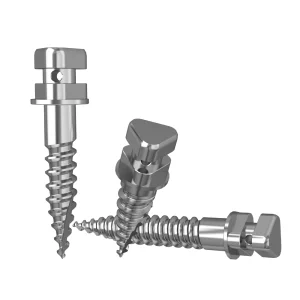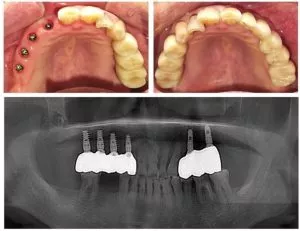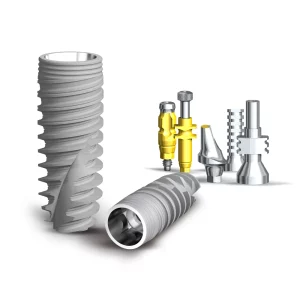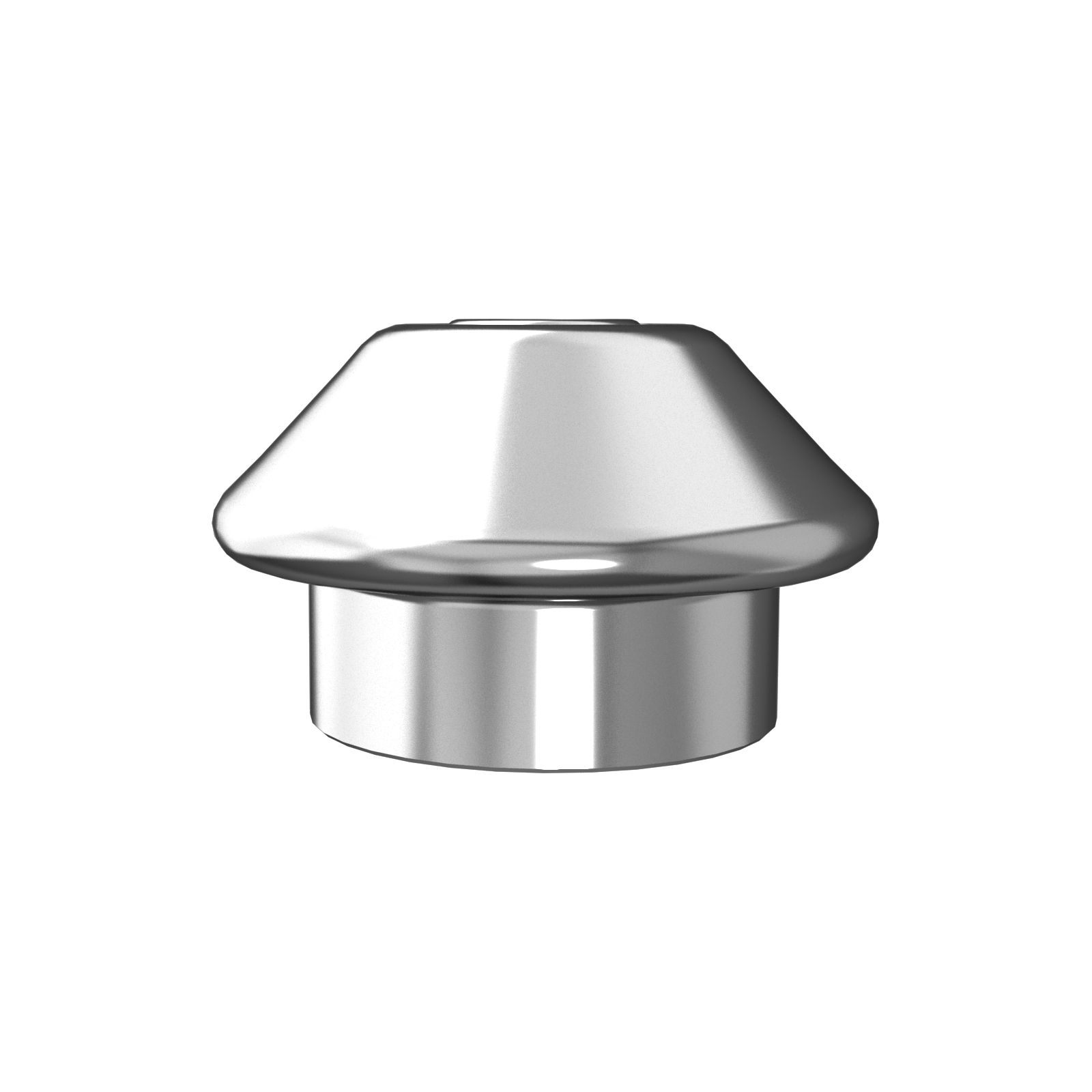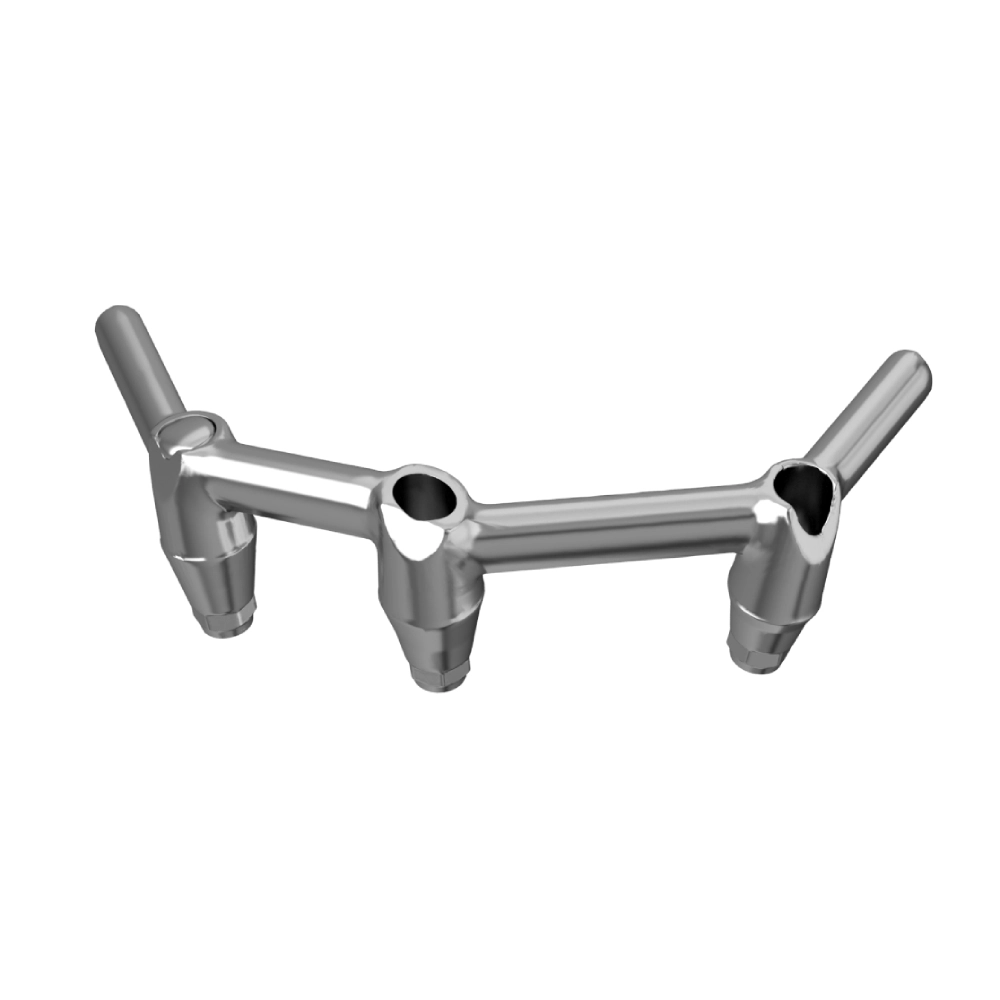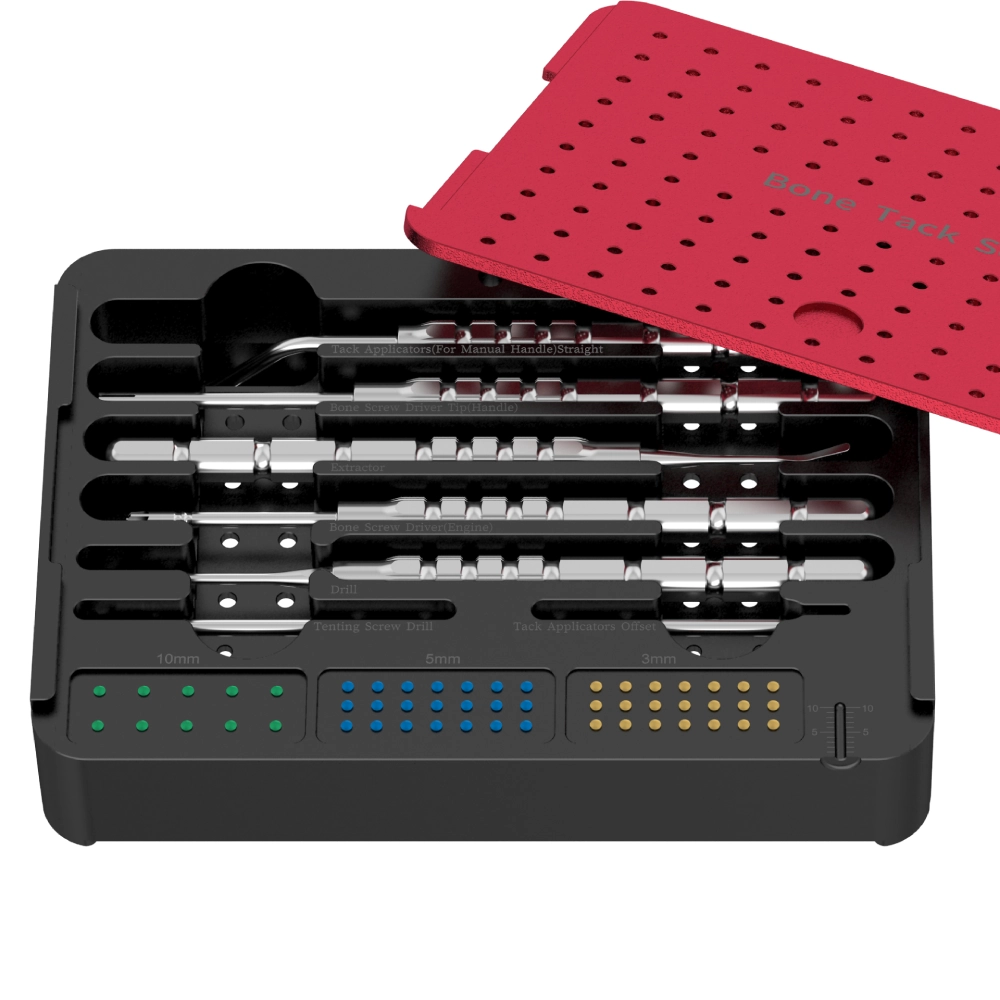When faced with the need for an MRI (Magnetic Resonance Imaging) scan, many patients with dental implants might wonder whether the metal components of the implants could interfere with this precise diagnostic procedure. Given that metal and MRI technology are sometimes considered potential sources of interference, it’s understandable to have concerns. However, there is no need for excessive worry. Modern medical research indicates that the impact of dental implants on MRI scans is minimal and can almost be ignored.
The rapid advancement of dental implant technology has not only provided a significant benefit for patients with missing teeth but has also prompted extensive discussions about its compatibility with various medical procedures. Regarding MRI scans, although dental implants may contain metal components, these components are designed and optimized to minimize any interference in the MRI environment. This means you can confidently undergo an MRI scan without worrying about your implants being a hindrance to the diagnostic process. MRI, as a powerful tool for visualizing internal body structures, maintains its accuracy and safety even in patients with dental implants. Here’s a detailed explanation.

An MRI: What is it?
Magnesium Resonance Imaging, or MRI, is a sophisticated non-invasive medical imaging method that scans the body in great detail using strong magnetic fields, radiofrequency pulses, and computer processing. The high-resolution pictures generated by magnetic resonance imaging (MRI) vividly show the structure and form of different tissues and organs by collecting the resonance signals created by hydrogen protons in the magnetic field. With its multi-parameter and multi-dimensional imaging information, this technology is very sensitive and specific, giving medical professionals extensive data for illness diagnosis. MRI is a commonly utilized diagnostic technology in contemporary medicine, with applications ranging from neurology to cardiology to cancer.
Dental implants do not interfere with MRI scans.
Dental implants, typically made of MRI-compatible materials like titanium or zirconia, generally do not cause significant interference with MRI scans, though minor artifacts may occasionally occur.
Why can MRI and dental implants be used together?
Magnetic Resonance Imaging (MRI) is a crucial diagnostic tool in modern medicine, relying on strong magnetic fields for accuracy. Fortunately, modern dental implants are typically made from non-ferromagnetic materials such as titanium and zirconia. These materials not only have excellent biocompatibility, integrating well with the jawbone, but are also unaffected by the MRI magnetic field, meaning they do not attract to the magnet or interfere with imaging quality. Research shows that titanium dental implants do not pose a safety risk or compromise image accuracy during MRI scans.
Nevertheless, to ensure the smooth conduct of the MRI, patients should inform their doctors or technicians about any metal implants, fillings, dental bridges, dentures, or crowns in their body before the scan, especially those that may contain ferromagnetic metals like steel, nickel, or cobalt, as these metals might interfere with MRI results. By thoroughly communicating medical and dental history, the healthcare team can assess and prepare accordingly to ensure the accuracy of MRI imaging and patient safety.
Thus, modern dental implants made from non-ferromagnetic materials like titanium or zirconia are perfectly compatible with MRI technology, allowing patients to undergo advanced medical imaging without concern.
Conclusion
Can dental implants undergo MRI? Dental implants made from materials like titanium generally can safely undergo MRI scans. However, various factors must be considered. By understanding these factors and communicating with your healthcare provider, you can ensure a safe and successful MRI experience with dental implants.
Ready to learn more about dental implants and MRI? Follow us at DentalMaster.

